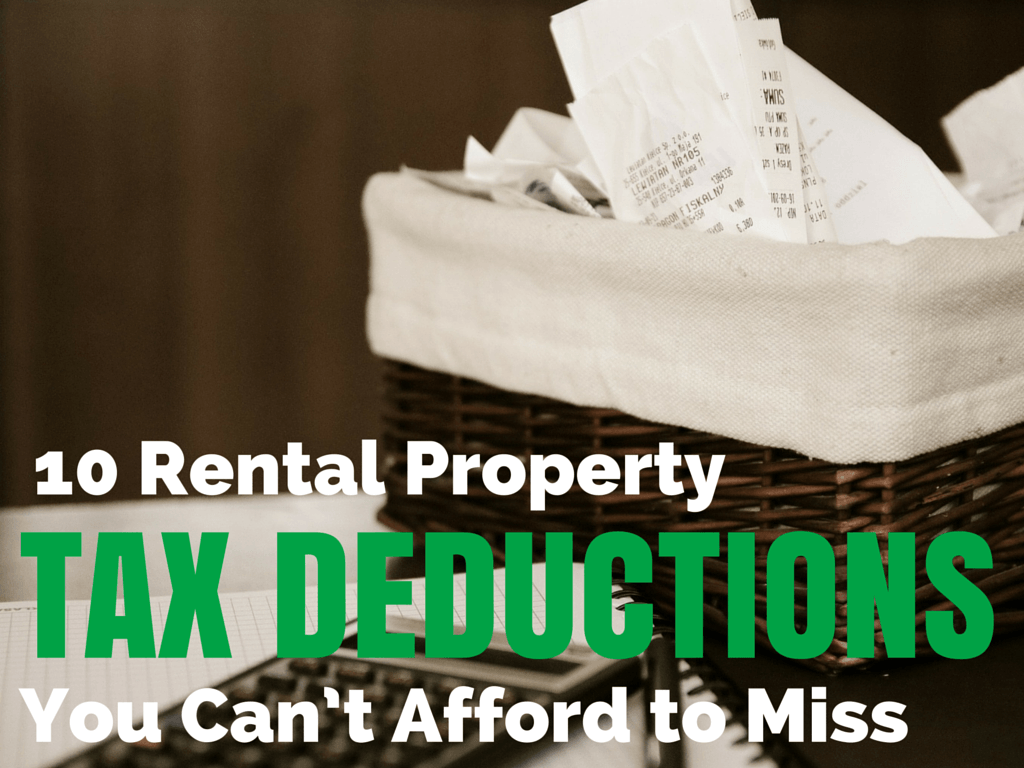
Of all the reasons to invest in Texas rental properties, one of the greatest reasons is the lack of state income tax. Depending on your tax bracket, you could save 1% to 13% in comparison to investing in many other states.
That’s not the only advantage, though. Texas landlords can also take advantage of tax deductions to save even more money. Here are 10 deductions you don’t want to miss:
1. Management Fees
Management fees are 100% deductible. So if you’re on the fence about hiring a property management company, know that you can recoup the costs.
2. Professional Fees
The IRS states you can deduct expenses that are generally used to run a rental property business. That includes fees for professionals like accountants ,lawyers, or real estate investment advisors.
3. Advertising
Do you pay for newspaper ads? Or pay to list your rentals online? Because advertising is required for business it’s an expense you can deduct.
Make sure your property manager tracks advertising costs or, if you’re handling taxes on your own, keep detailed records and receipts to prove where you spend your advertising dollars.
4. Property Repairs
According to the IRS, you can deduct repairs that preserve property condition. This includes items like painting, fixing leaks, repairing doors and things of that nature. However, you can’t deduct repairs that improve the value of your home, like adding a deck or a new roof.
Here are a few more tips for ensuring an expense is a repair vs. an improvement.
5. Mortgage Interest
You can deduct interest accrued on your mortgages as well as credit cards and other personal loans used for property related expenses. Interest is often a landlord’s biggest deductible expense.
6. Depreciation
Structures don’t last forever so you can deduct the amount your property depreciates each year. You can also deduct depreciation from upgrades and improvements you make to the home (like that new roof or deck we mentioned earlier).
7. Travel Expenses
Need to visit your property to meet with tenants or resolve an issue? You can deduct the mileage and gas as well as upkeep and repairs to your car.
Long distance travel expenses, like airfare and overnight hotel stays, to visit out-of-state property are also deductible. Just be sure to keep your receipts and make sure that whatever you claim is legitimate.
8. Home Office
Working from home? You can deduct your office, office supplies ,and the depreciation of your office equipment. However, it is a tedious process and you may want to seek help from a professional to ensure you file correctly.
9. Casualty Losses
If your property is suddenly damaged by a fire or flood, property damage can be deducted as casualty losses – but you can only deduct losses that aren’t covered by insurance.
10. Insurance Premiums
Finally, insurance premiums for theft, fire, flood and landlord liability are deductible. And if you have employees, you can also deduct the cost of their health and workers’ compensation insurance.
Keep in mind: every tax situation is unique and you should hire a tax professional for help. Their expertise can guide you through the deduction process so you can file accurately to avoid tax penalties.
Interested in learning more about the Cash Flow Reporting Services we provide? Contact us today for a FREE consultation.


